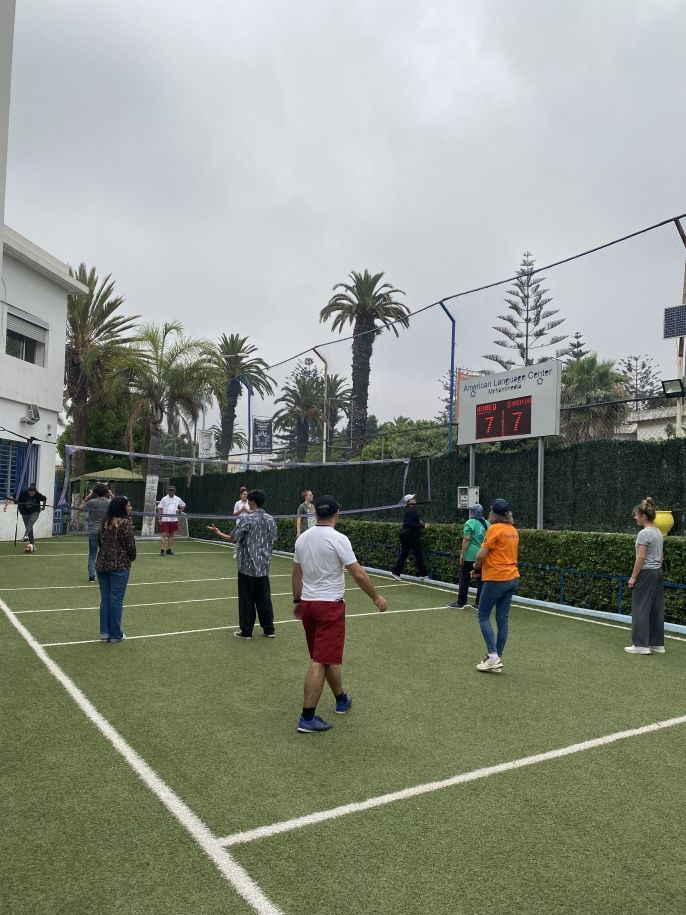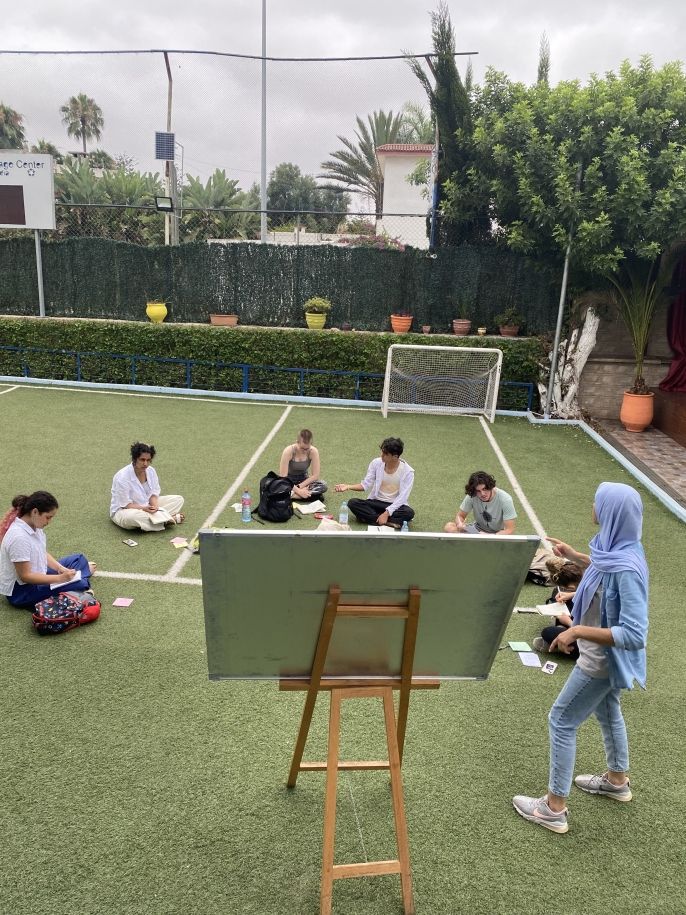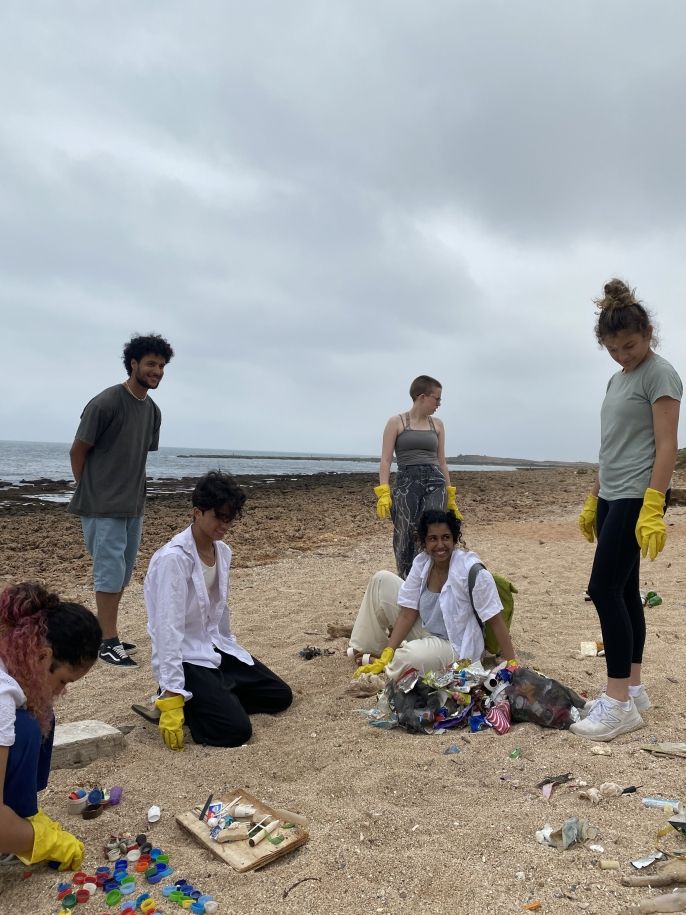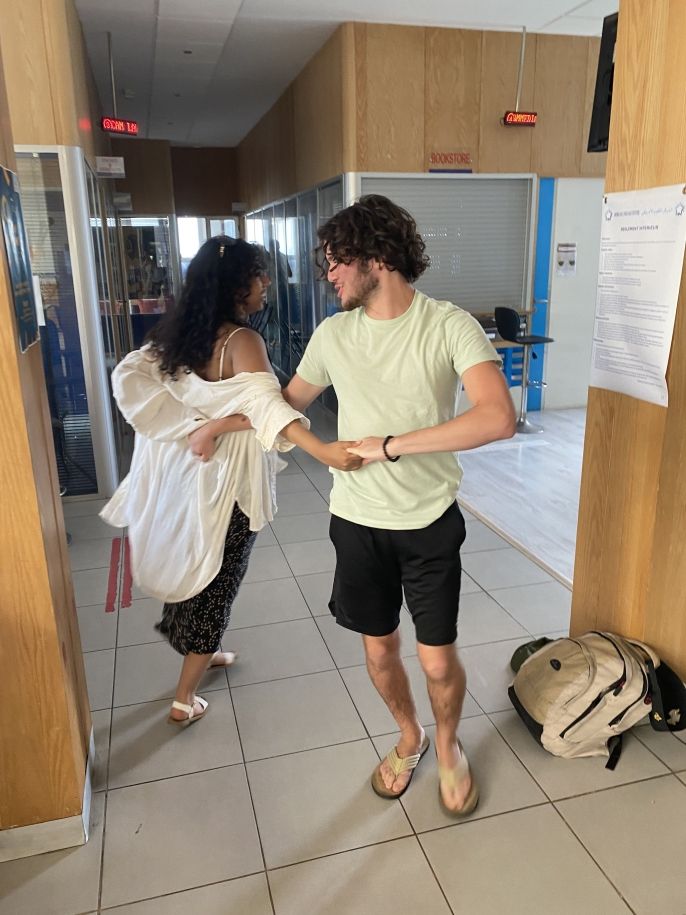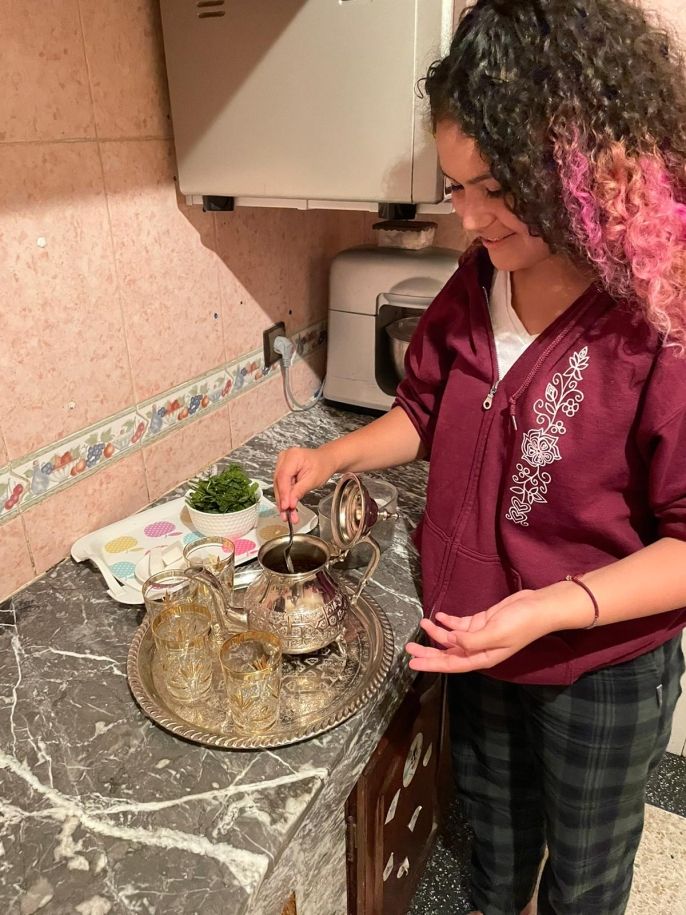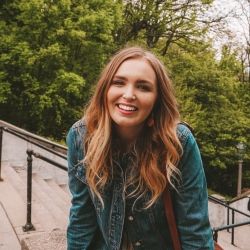"Wakha?"..."Wakha."
"Wakha?” our Arabic-speaking staff asks after pointing out the best fruit and Moroccan bread stands on our first day walking tour around Mohammedia. “Wakha,” we respond in affirmation. “Wakha” is the Arabic phrase for “okay” and it was the first word we learned upon arriving in Morocco. With just over two hundred thousand people, our host community of Mohammedia feels tight-nit. As we pass by local shops, we are greeted by strangers with warm “salaams.” Though they don't know us, they welcome us with kindness and familiarity and after just a few days, it feels like we’ve been here for years. The same faces greet us each day on our way to our partner organization (the American Language Center), at the grocery store, at local restaurants and the “hanout” or corner shop.
Mohemmedia is a beach town and has a constant sea breeze throughout the day. The sun never gets too hot and the evenings are cool. The French influence is pervasive as most restaurants are European and on the street, French is heard just as often as Arabic. We've learned about the different groups which have left an impact on Morocco's cultural landscape - the Europeans, the Arabs, and the indigenous Amazighs (who are in many ways, treated as a marginalized group).
Our days are filled with workshops on ethical volunteering, activities which facilitate intercultural understanding, lessons on different aspects of Moroccan culture, preparation time for our community service project, and Darija language class. Darija is the Arabic dialect spoken in Morocco, though we've learned that many Moroccans do not consider themselves Arab and that in recent years, the indigenous language of Morocco - called Tamazight - has become the other official language of the country. Because our group is only six students and one Program Leader, we've bonded quickly over our shared learning of Darija and the thrill of being immersed in a completely unknown environment. In the evenings, we spend time with our respective host families - going to the beach, developing our language skills, sampling Moroccan cuisine (like the famous Friday couscous dish), playing Kuduub (a local card game), and making mint tea.
Another highlight of Week 1 was an excursion to a nearby beach, were we had a workshop on environmentalism from the leader of a local Anti-Plastic NGO and conducted a "beach audit," where we collected and sorted garbage from the beach to discuss the different sources of plastic pollution in Morocco.
To fulfill the theme of our community service project, Youth Mentorship, we are collaborating with the Kasbah Association, which serves disadvantaged youth, many of whom have behavioral or academic challenges. We dove in head-first on our second day in Mohammedia with a visit to the Association and were welcomed by 30 students between the ages of 8-14. While the students of the Association were beaming with energy and curiosity, we were surprised to find that their English levels were minimal. Abandoning the activities we planned, we had to create new activities on the spot to accommodate the linguistic needs of the group. We're learning that service often times means things don't go according to plan and we must learn to adapt on the spot and stay open-minded and that traveling in Morocco is one giant exercise in patience and flexibility. On the next community service day, the Kasbah Association sent students to meet us at the American Language Center and we worked in groups of three, providing conversational English practice, teaching games, and doing crafts.
Heading into Week 2 of the program, we are excited for excursions to the larger nearby cities of Casablanca and Rabat!
Related Posts
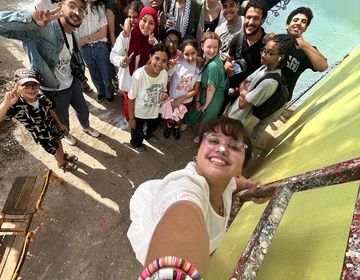
Student Spotlight - Sarah Mathew, Memories in Morocco
Throughout these past 3 weeks, I have immersed myself in the rich culture and diversity of Morocco. This program has given me a sense of community and has helped me... keep reading

Lessons from Ait Bouhaddou
Our students have truly embraced the idea that " everything is a learning experience." Last weekend, we traveled south of Morocco to one of its imperial cities: Marrakesh, the red... keep reading
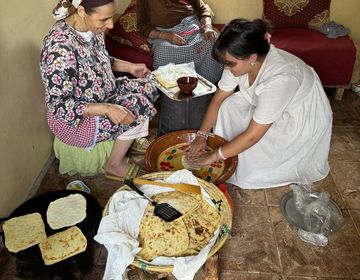
Taking Our Leadership to Marrakech
Early Saturday morning we boarded the bus to take our weekend excursion to Marrakech. The 3 hour bus ride itself was full of energy as we played “Werewolf” for half... keep reading
